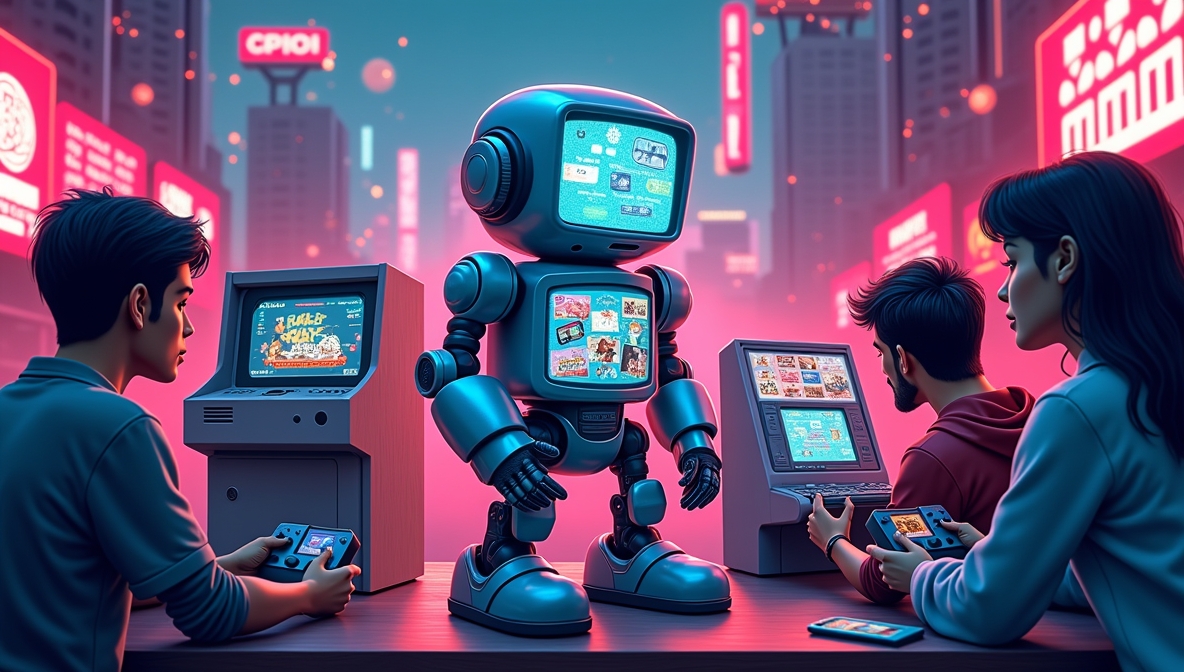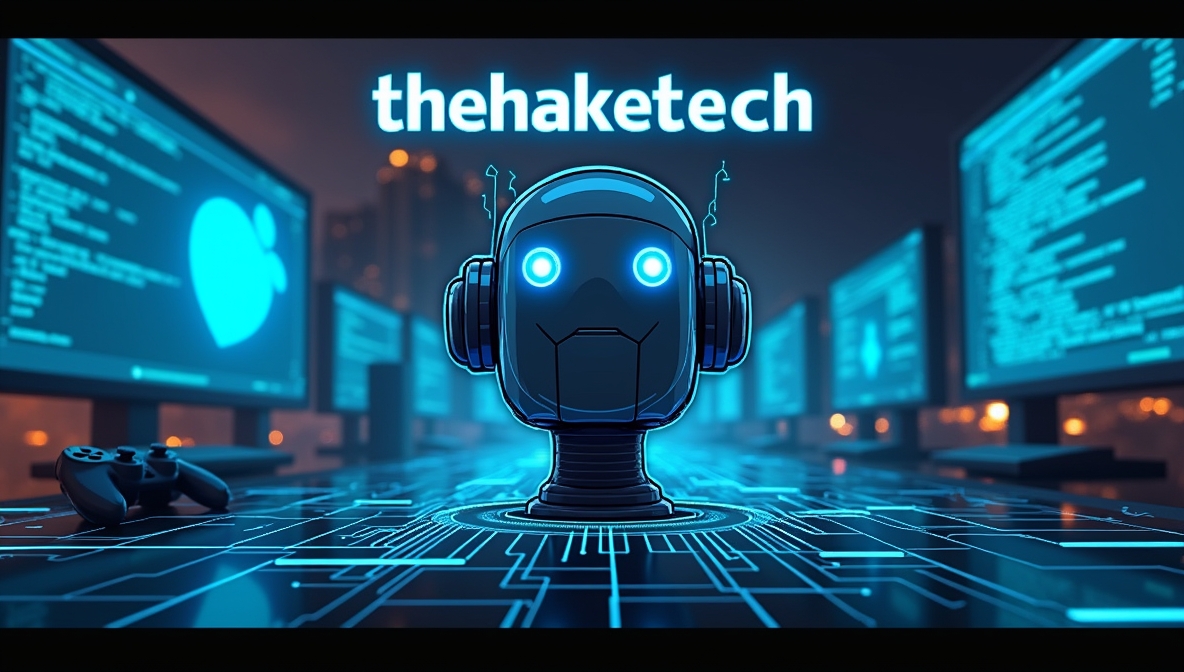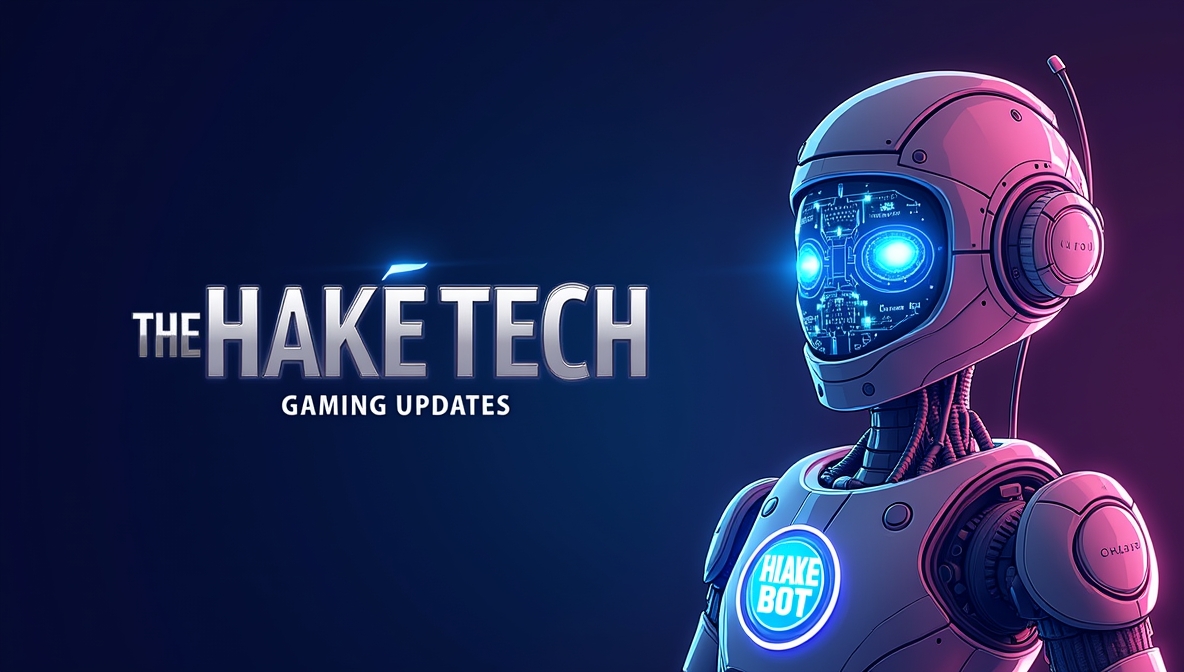Introduction
The gaming industry has undergone an extraordinary transformation in just a few decades. What once began as a niche hobby confined to arcades and primitive consoles is now a multi-billion-dollar ecosystem spanning eSports, virtual reality, AI-driven storytelling, and cloud platforms. Players today expect immersive environments, cinematic graphics, and real-time global connectivity. This article explores the entire journey of gaming’s evolution, revealing how creativity, technology, and community have pushed boundaries in ways few could have imagined. Within this landscape, we will understand how gaming has evolved thehaketech, reshaping culture, commerce, and technology simultaneously.
From Pixels to Polygons: The Early Days of Digital Play
The Arcade Era: Birth of Competitive Play
Gaming began with arcades where titles like Pac-Man and Space Invaders defined entertainment in the late 1970s and 1980s. Limited by hardware, these games relied on simple mechanics but captivated players with high-score challenges and communal energy. The arcade became a gathering place where gaming was a shared social experience.
Rise of Home Consoles: Accessibility for All
With the introduction of consoles such as Atari, Nintendo Entertainment System (NES), and Sega Genesis, gaming entered living rooms worldwide. Cartridges replaced coins, giving players the power to play whenever they wanted. Iconic franchises like Mario and Zelda introduced narrative depth beyond simple arcade goals thehaketech gaming updates by thehake.
Transition to 3D Graphics
By the mid-1990s, gaming saw a monumental leap with Sony PlayStation and Nintendo 64, ushering in polygonal 3D graphics. Worlds became expansive, characters more lifelike, and gameplay mechanics far richer. This evolution laid the groundwork for today’s immersive worlds.
The Internet Revolution in Gaming
Online Multiplayer Connectivity
The late 1990s and early 2000s marked the rise of the internet in gaming. Titles like Quake and StarCraft allowed players to compete globally, while MMORPGs like World of Warcraft created vast digital communities. Broadband transformed how people played—no longer limited to local split-screen modes.
Digital Distribution Platforms
Instead of buying physical discs, gamers began downloading titles directly through platforms like Steam and later PlayStation Network and Xbox Live. This shift allowed independent developers to reach global audiences, sparking an indie game renaissance.
Social Integration
With gaming forums, in-game chat, and social media integration, communities expanded beyond the game itself. Players could now share achievements, stream content, and build entire careers around gaming personalities. This transformation exemplifies how gaming has evolved thehaketech, blending technology and human interaction.
Technological Breakthroughs Driving Modern Gaming
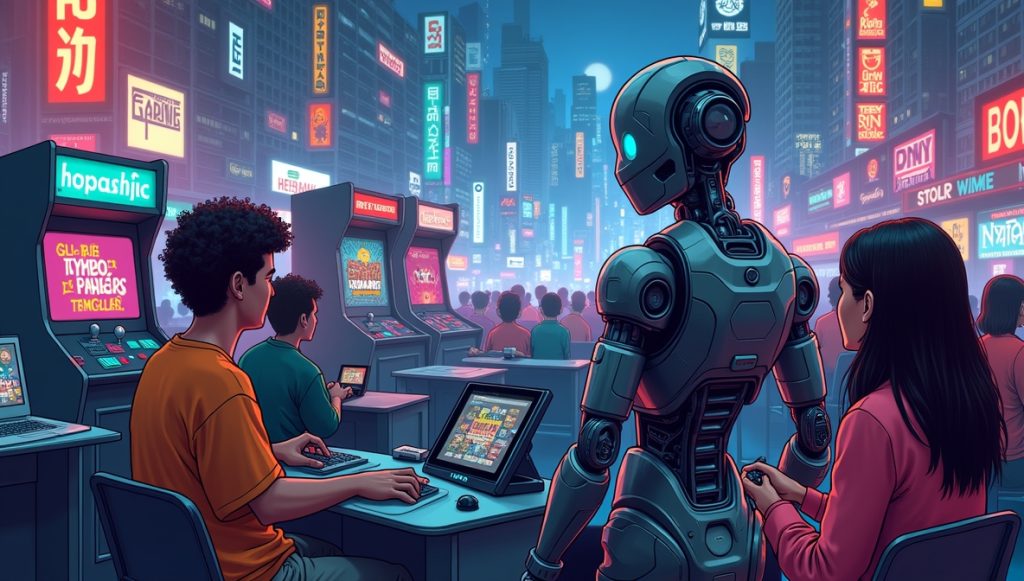
Powerful Hardware Innovations
The jump from 8-bit to ultra-HD gaming required powerful processors, GPUs, and memory systems. Today’s consoles rival high-end PCs, delivering lifelike visuals at smooth frame rates. Handheld devices now match performance levels once reserved for desktops.
AI and Procedural Generation
AI revolutionized both enemy behavior and storytelling. Games like No Man’s Sky use procedural generation to create vast universes, while AI-driven NPCs respond dynamically to player actions. This level of intelligence and unpredictability enriches the experience.
Cloud Gaming Platforms
Streaming services now allow people to play AAA titles without expensive hardware. Services like Xbox Cloud Gaming and GeForce NOW enable seamless gaming across devices, a paradigm shift in accessibility.
Cultural Impact and Mainstream Acceptance
eSports as Global Phenomenon
Competitive gaming evolved into organized tournaments with million-dollar prize pools. Titles like League of Legends and Counter-Strike transformed players into celebrities, streamed to millions worldwide.
Representation and Diversity in Games
As the industry matured, developers prioritized diverse characters, inclusive storytelling, and broader cultural representation. This reflects not just industry growth, but also societal progress.
Gaming as Social Currency
Gaming now influences music, movies, and fashion. Collaborations between developers and artists create crossover events where virtual worlds meet real-world culture. This broad influence highlights how gaming has evolved thehaketech, becoming a cultural pillar rather than just a hobby.
Shaping Player Experiences Through Innovation
Immersive Audio and Visual Design
Modern games use cinematic soundtracks and ray-traced graphics to deliver realism that was unimaginable decades ago. Audio spatialization enhances gameplay, letting players detect enemies by sound alone.
Virtual and Augmented Reality (VR & AR)
VR headsets like Oculus Quest immerse players completely, while AR experiences bring gaming into real-world environments, such as Pokémon GO. These technologies open new dimensions of interactivity.
Haptic Feedback and Adaptive Controllers
Advanced controllers and wearable devices let players feel in-game events—like the tension of drawing a bow or the impact of a crash—deepening emotional connections to gameplay.
The Business of Gaming: More Than Just Play
Free-to-Play and Microtransactions
Many modern titles use free-to-play models, monetizing through cosmetics, battle passes, and downloadable content. This approach democratizes access while creating consistent revenue streams.
Streaming and Content Creation Economies
Platforms like Twitch and YouTube have made gaming content as influential as the games themselves. Streamers, speedrunners, and content creators shape public perception and directly impact sales.
Investment and Industry Growth
The gaming industry now surpasses both music and film combined in revenue. Large-scale mergers, sponsorship deals, and venture investments highlight how serious this business has become. These financial dynamics demonstrate how gaming has evolved thehaketech, proving it’s both an art form and an economic powerhouse.
Community-Driven Development and Modding Culture
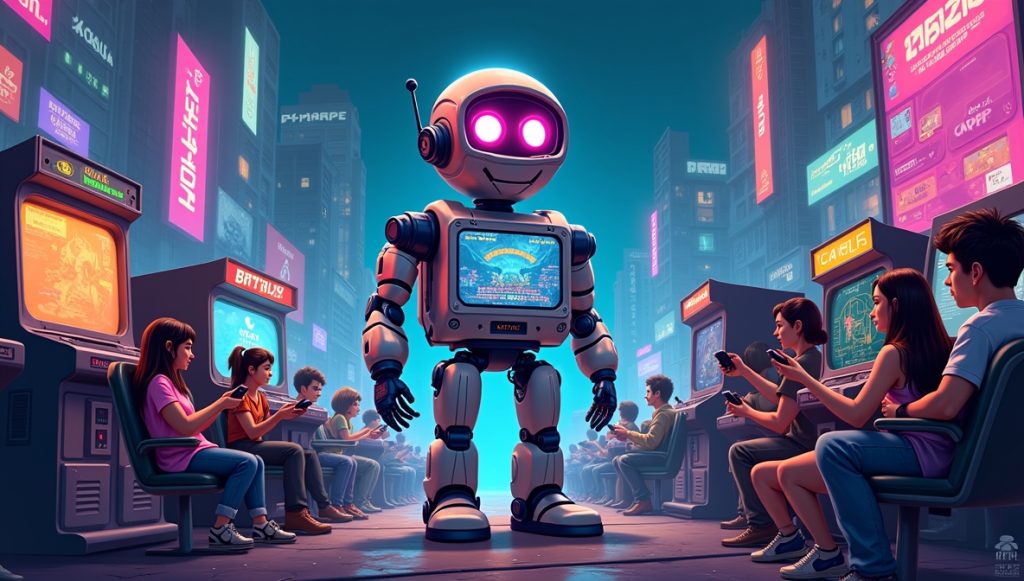
Player Feedback as a Design Tool
Developers frequently engage players through betas, forums, and surveys, integrating feedback into updates and expansions. This player-driven approach ensures longevity and loyalty.
Modding Communities Expanding Game Lifespans
From Skyrim mods to Minecraft custom worlds, players extend a game’s lifespan far beyond its original release. These communities often create innovations developers later adopt.
Crowdfunding and Independent Studios
Platforms like Kickstarter empower smaller studios to produce creative titles without big publishers. This independence allows fresh ideas and gameplay experiments to flourish.
Ethics, Challenges, and Future Debates
Addiction and Screen Time Concerns
While gaming has many benefits, excessive play raises health and psychological concerns. Balancing immersive design with responsible practices remains an ongoing debate.
Loot Boxes and Regulatory Oversight
Randomized in-game rewards have sparked controversies over gambling-like mechanics, leading to calls for stricter regulation in multiple countries.
Data Privacy and Security
Online gaming requires sharing personal data and financial information. Ensuring player safety and protecting against cyber threats is critical to sustaining industry trust.
The Future of Gaming Technology
AI Game Masters and Personalized Experiences
Future titles may feature AI-driven storytellers creating adaptive plots for each individual player, making every journey unique.
Full-Dive Virtual Reality
Research into brain-computer interfaces suggests players may one day step fully inside digital worlds, blurring the line between reality and simulation.
Cross-Platform and Unified Ecosystems
Barriers between consoles, PCs, and mobile platforms are disappearing, giving players seamless access to their games and communities anywhere. This ongoing transformation further shows how gaming has evolved thehaketech, setting the stage for unprecedented interconnectivity.
Conclusion
The evolution of gaming reflects the perfect synergy between technology, creativity, and community. What began as a pastime for a niche audience is now a mainstream cultural and economic force, influencing art, education, and global communication. The journey from simple arcade titles to AI-driven, hyper-realistic worlds demonstrates how gaming has evolved thehaketech across decades. Each generation of gamers has witnessed milestones that not only redefined entertainment but also shaped the future of interactive technology. As innovations like VR, AI, and cloud computing advance, gaming will continue to expand its horizons, proving that its evolution is far from complete.
